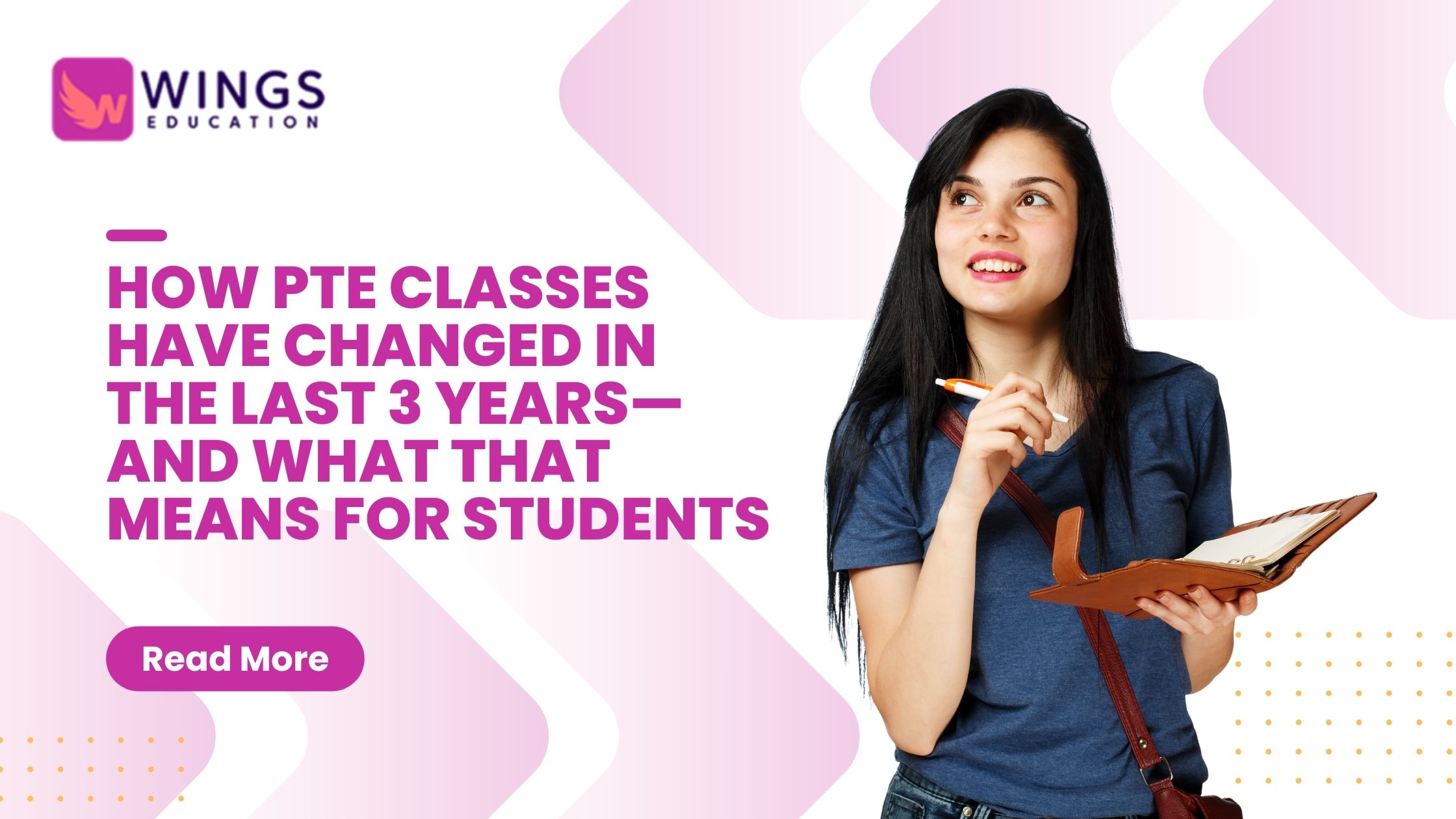
Unlock Your IELTS Success in Canberra: Expert Tips and Strategies for Effective Preparation
Unlock IELTS success in Canberra with expert tips and strategies. Discover effective preparation methods, from understanding the test format to utilizing local resources, ensuring you achieve your desired score.
Unlocking success in the IELTS exam is a significant goal for many aspiring international students and skilled workers. If you’re based in Canberra, the capital city of Australia, you’re in a prime position to achieve this objective. Canberra offers a range of expert tips and strategies to help you prepare effectively for the test. This article provides valuable insights and resources to guide you on your journey to IELTS success.
Understanding the IELTS test format is crucial. Writing, speaking, listening, and reading are the four sections of the test. Each section has its own specific requirements and scoring criteria. Familiarizing yourself with these components will help you tailor your preparation to meet the test’s demands.
Developing a structured study plan is essential. Allocate dedicated time to each section based on your strengths and weaknesses, and set realistic goals for your study sessions. Regular practice and consistent review are key to improving your skills and building confidence.
In Canberra, you have access to a variety of resources designed to enhance your IELTS preparation. Engaging in online courses can provide flexible learning options that fit your schedule. Interactive study groups offer the opportunity to collaborate with peers, share strategies, and gain different perspectives on tackling the test.
Experienced tutors and language experts in Canberra can provide personalized advice and feedback. Their insights are invaluable for identifying areas of improvement and refining your skills. Tutors can also offer targeted practice exercises and strategies to help you overcome specific challenges.
For effective test preparation, immerse yourself in English through various mediums. Listen to English podcasts, watch news reports, and read a range of materials, including newspapers, magazines, and academic articles. Practice writing essays and reports, and engage in conversations with native speakers or participate in language exchange programs to enhance your speaking skills.
Effective time management is a crucial component of exam preparation.. Practice under timed conditions to build your ability to complete each section within the allotted time. This will help you manage your time during the test more effectively.
Canberra’s supportive environment for IELTS preparation is further enhanced by the availability of workshops and practice tests. These resources provide additional opportunities for focused practice and feedback, helping you gauge your progress and adjust your study plan as needed.
Canberra offers a wealth of resources and strategies to support your IELTS preparation. By leveraging these tools and adopting a structured approach to studying, you can unlock your full potential and achieve the results you desire. With the right guidance and planning, you are well on your way to making your IELTS dreams a reality.
Understanding the IELTS test format
Effective preparation requires a deep comprehension of the structure of the IELTS exam. The four main components of the International English Language Testing System (IELTS) assessment are Speaking, Writing, Reading, and Listening.
Listening: This section lasts 30 minutes and involves listening to a variety of recordings, including conversations and monologues. You will answer 40 questions based on these recordings, which test your ability to understand main ideas, specific details, and inferences.
Reading: Forty questions make up the 60-minute reading portion. For the Academic IELTS, it includes three long passages with complex texts. For the General Training IELTS, the texts are shorter and more focused on everyday topics. Both versions assess your ability to understand and interpret written information.
Writing: The Writing section is also 60 minutes. For the Academic IELTS, you will write two tasks: a description of visual information and an essay. For the General Training IELTS, the tasks involve writing a letter and an essay. This section evaluates your writing skills, including coherence, grammar, and vocabulary.
Speaking: The Speaking test lasts 11-14 minutes and is a face-to-face interview with an examiner. It is divided into three parts: an introduction and interview, a long turn where you speak on a topic, and a discussion related to the topic.
Familiarity with the test format helps you practice effectively and manage your time during the exam.
Importance of effective preparation for IELTS
Effective preparation for the IELTS exam is crucial for achieving a high score and meeting your personal or professional goals. Your English language skill is assessed on the IELTS exam in four main domains: Speaking, Reading, Writing, and Listening. Adequate preparation ensures you are familiar with the test format and types of questions, which helps reduce anxiety and boosts your confidence.
Proper preparation allows you to identify and address your weaknesses in each section. By practicing regularly, you can improve your language skills, such as listening comprehension, reading speed, writing coherence, and speaking fluency. This targeted practice also helps you develop strategies for managing time effectively during the exam, ensuring that you can complete all tasks within the allotted time.
Additionally, thorough preparation helps you understand the scoring criteria and what examiners are looking for in your responses. This insight enables you to tailor your answers to meet these expectations and maximize your scores.
Overall, effective preparation is key to performing well on the IELTS exam. It not only enhances your language abilities but also equips you with the skills and confidence needed to achieve your desired score and advance your academic or professional aspirations.
Setting realistic goals for your IELTS preparation
Setting realistic goals for your IELTS preparation is vital for effective and focused study. Start by assessing your current English proficiency level to determine your strengths and areas for improvement. This assessment will help you set achievable targets based on your needs.
Begin by defining specific, measurable goals for each section of the IELTS test: Listening, Reading, Writing, and Speaking. For instance, if you find Reading challenging, set a goal to improve your reading speed and comprehension by practicing specific types of texts each week. Similarly, if Speaking is your weak point, aim to practice speaking with native speakers or through language exchange programs.
Create a study plan that breaks down these goals into manageable tasks. Allocate specific times each week for focused practice in each area, and track your progress regularly. Based on your results in practice exams and feedback, modify your objectives and strategy.
Additionally, set short-term milestones to keep yourself motivated. For example, achieving a certain score on a practice test or successfully completing a set number of practice exercises can serve as motivational checkpoints.
By setting realistic and structured goals, you can systematically address each aspect of the IELTS exam, making your preparation more efficient and effective.
Developing a study schedule for IELTS
Developing a study schedule for IELTS is crucial for organized and effective preparation. Determine how much time you can actually commit to studying each week before you do anything else. Take into account your own obligations and set aside dedicated time to prepare for the IELTS.
Set Clear Goals: Define what you want to achieve in each section—Listening, Reading, Writing, and Speaking. This helps focus your study sessions and track progress.
Create a Weekly Plan: Divide your study time into daily or weekly segments, assigning specific tasks for each IELTS component. For example, dedicate Mondays and Wednesdays to Listening practice, Tuesdays and Thursdays to Reading, and Fridays to Writing tasks.
Include Practice Tests: Schedule regular practice tests to simulate exam conditions and assess your progress. This helps you become familiar with the test format and manage time effectively.
Incorporate Review Sessions: Allocate time for reviewing errors and understanding feedback from practice tests. This helps reinforce learning and address weaknesses.
Stay Flexible: Allow for adjustments in your schedule as needed. If you find certain areas require more attention, adjust your plan accordingly.
Balance and Rest: Ensure your schedule includes breaks and time for relaxation. Overloading yourself can lead to burnout and hinder progress.
A well-structured study schedule helps ensure comprehensive preparation and builds confidence for achieving your desired IELTS score.
Enhancing your speaking skills for the IELTS speaking test
Enhancing your speaking skills for the IELTS Speaking test involves several key strategies to improve fluency, coherence, and confidence.
Practice Regularly: Engage in regular speaking practice to build fluency. Speak English as much as possible with native speakers, language exchange partners, or through conversation practice apps.
Simulate Test Conditions: Practice answering IELTS Speaking questions under timed conditions to familiarize yourself with the test format. This helps you manage time and reduces anxiety during the actual exam.
Expand Vocabulary: Improve your vocabulary by learning new words and phrases related to common IELTS topics. Use them in conversation to enhance your ability to express ideas clearly and accurately.
Work on Pronunciation: Focus on clear pronunciation and intonation. Practice speaking aloud and recording yourself to identify areas for improvement. Pay attention to stress, rhythm, and pronunciation to ensure clarity.
Develop Coherence: Practice structuring your responses logically. Use linking words and phrases to connect ideas and provide detailed answers. Structuring your responses helps you sound more organized and coherent.
Seek Feedback: Get feedback from teachers, tutors, or language partners on your speaking performance. Constructive criticism helps you identify strengths and areas needing improvement.
By incorporating these strategies into your preparation, you can enhance your speaking skills and perform confidently on the IELTS Speaking test.
Conclusion and final tips for success in IELTS
In conclusion, achieving success in the IELTS exam requires a strategic and comprehensive approach to preparation. By understanding the test format and developing targeted study plans, you can effectively address each section—Listening, Reading, Writing, and Speaking.
Regular practice and familiarity with the test’s demands are crucial. Utilize practice tests to gauge your progress and identify areas for improvement. Consistent practice in real-life settings helps build confidence and fluency.
Set realistic goals and develop a study schedule that accommodates your strengths and weaknesses. Incorporate feedback from practice tests and seek guidance from experienced tutors or study groups to refine your skills.
Enhance your language proficiency by immersing yourself in English through various mediums—listening to podcasts, reading diverse materials, and engaging in conversations. Balance your study time with breaks to avoid burnout and maintain motivation.
Remember, effective preparation involves both academic study and practical application. By focusing on these strategies and maintaining a positive attitude, you’ll be well-prepared to achieve your desired IELTS score. Stay dedicated, adapt your strategies as needed, and approach the test with confidence. Your commitment and preparation will pave the way for success.























